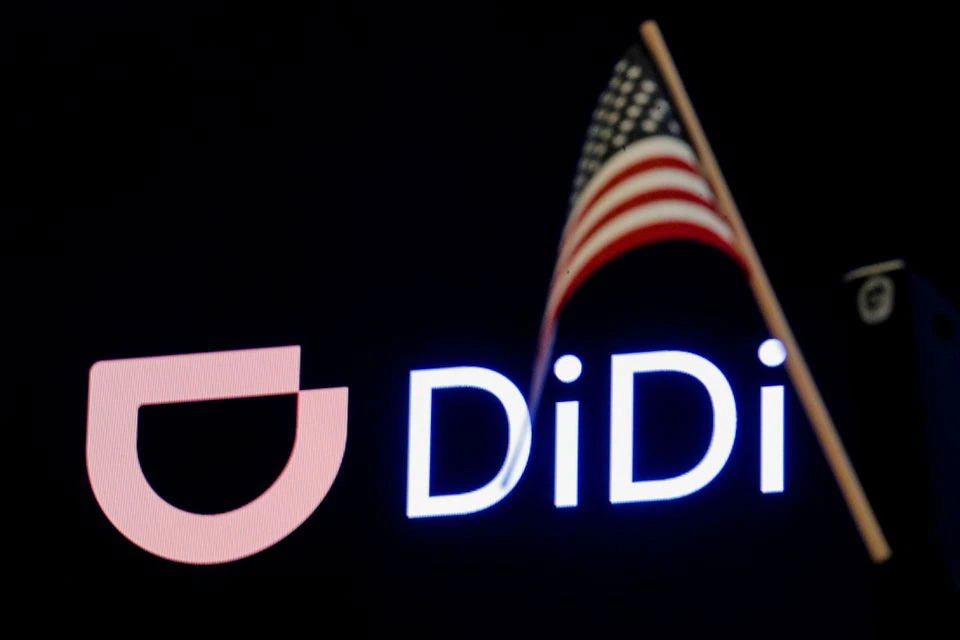China’s ride-hailing giant Didi is delisting from the New York Stock Market and pursuing to be re-listed in Hong Kong, the company announced on 3 December. The announcement came just five months after its Initial Public Offering (IPO) in the United States this June.
In a one-sentence post, published through its official account on China’s micro-blogging site Weibo, Didi provides nothing more than that the decision was initiated with “careful consideration” and the company is now preparing for listing in Hong Kong. The timetable of the delisting process is not revealed, as any details have been officially withheld at the time of writing.
The move is believed to be a result of the dual pressure from both the Chinese authority and the American market regulator. Shortly after the offering in New York, Didi was found to have “seriously violated laws on collecting and using personal data”, and the Chinese Internet regulator launched a “cybersecurity review” into the company; which is expected to be wrapped up by the end of the year.
In the meantime, the US government is inching efforts to boot Chinese companies listed in the country with new rules set by the Securities and Exchange Commission (SEC), requiring all US-traded Chinese firms to disclose ownership. This change could make Chinese companies less attractive to foreign investors and therefore limit their ability to raise money in the US market.
However, Didi’s decision to move to Hong Kong could ease some short-term concerns from investors. The Beijing-based firm has seen shares drop by 45% since its blockbuster trading debut in the US, which raised $4.4 billion, making it the largest IPO for a Chinese company in the first half of 2021. The market value of Didi hit around $70 billion following the first offering.
Now, the firm’s market capitalisation has nearly halved at $37.6 billion. The pivot to Hong Kong could potentially save further loss for Didi, although it does not provide solutions to questions as to the future of Chinese entities raising capital in the US.
The move also gives hope for a comeback of the 25 Didi-linked apps that had been removed from stores on “national security” grounds as the government carrying out the investigation. The company has been barred from allowing new user registration since then. No removed apps have returned on app stores as of yet, but there is a chance they could resurface with these latest changes.
The news has faced mixed public reactions at home in China. While some have welcomed Didi’s decision, and look forward to the resume of services, others are rather sarcastic, viewing it as a last resort that the company has to go for in order to survive.
With the Chinese authority seeking to rein in the country’s tech sector, coupling with the hostile environment in the US capital market, the fate of these Chinese tech firms is in the balance. Chinese companies need to figure out the right balance that is going public and how it applies when international stock markets are involved. In the short term, Hong Kong represents an international financial hub that can work as a backup to plans in Western countries.
Read more:









